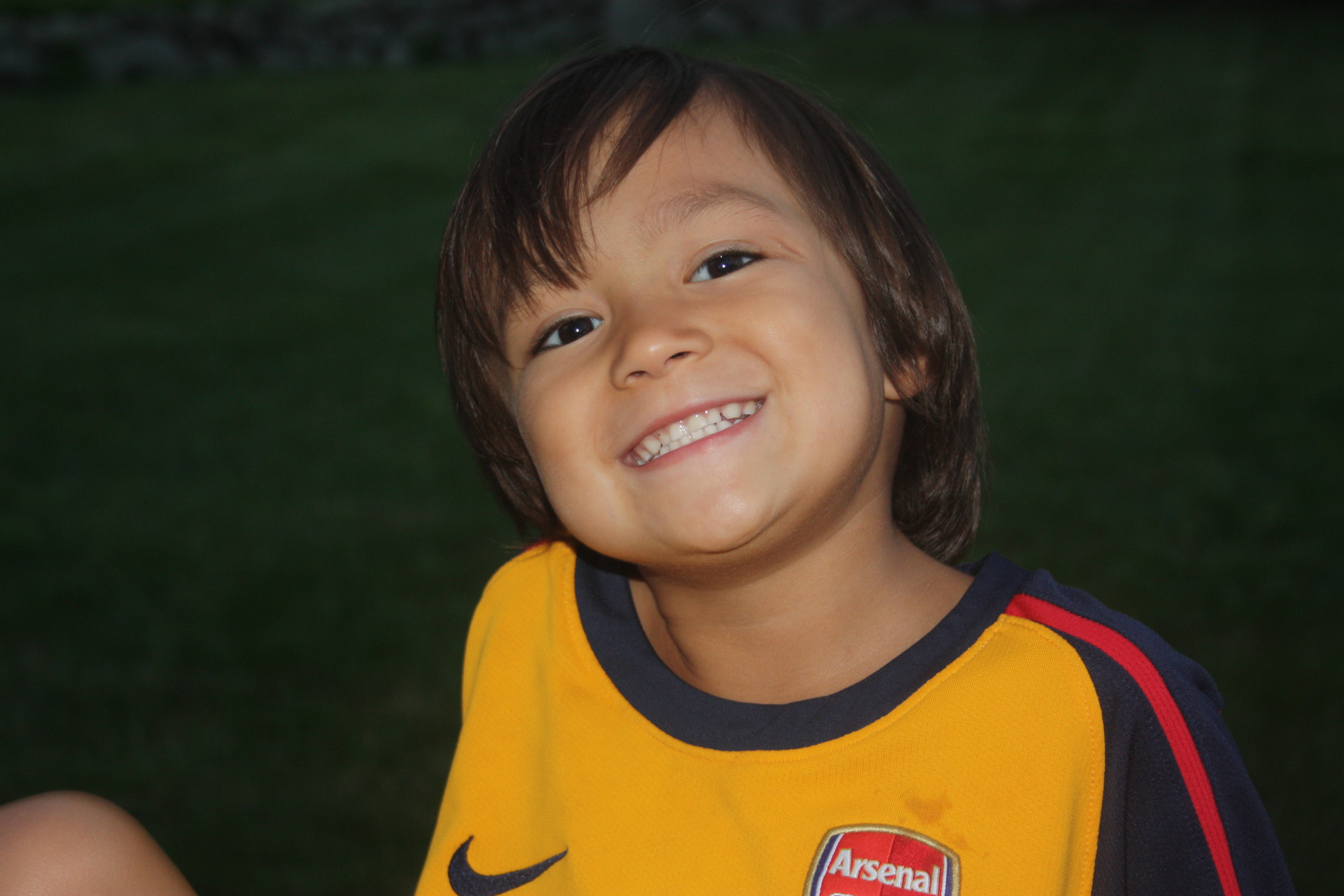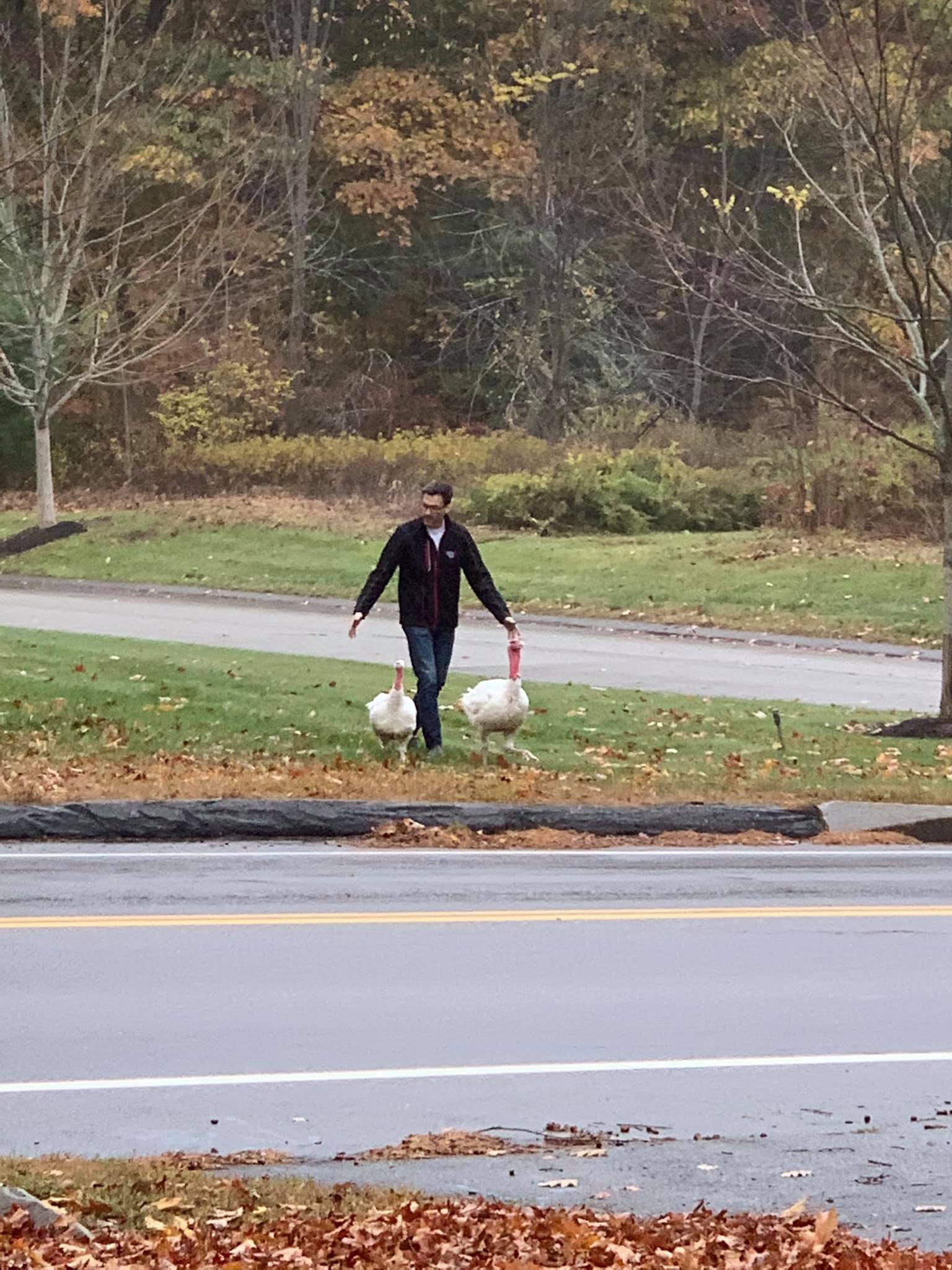A year ago, it was suggested to us that the Boy, what with his August birthday and all, might benefit from deferring his entry into kindergarten.
There was a lot of conversation at the time, and we took a 'we're talking about kindergarten here, right? With the drawing and the gluing?' approach, and kept him with his peers. The results of that initial assessment led to the development of an individual education plan (IEP) for the Boy, and some additional focused time with educators working on some skills through the year, mostly literacy and handwriting.
We met with teachers through the year to measure progress. And I do mean 'measure.' The first couple of meetings were framed with some sort of floaty, non-specific language about progress. I made sort of grunting noises during these meetings. Maybe an occasional scoff.
To her credit, his teacher is pretty sharp. She picked up on this and started presenting data organized into tables and charts, documenting his progress against the class median. It showed that his learning curve really didn't pick up until around Christmas, and that because it was a bit behind in starting, he continued to have to work to keep up in certain areas through Spring. Again, mostly literacy & handwriting.
"He can do the work," was the message, "with support." My Bride & I have worked with him on classwork at home. That 'support' mostly looks like standing over him and making him focus on what's in front if him. Or picking stories that contain something he connects with. Like anything with a superhero. Or a robot. Or maybe a robot superhero. A story about a puppy who makes friends with a turtle? Please don't be so boring, old people. He cannot be bothered to read such drivel. More lasers are required.
By the end of Spring, the teachers asked if we had thought about deferring his start in first grade a year.
"He'll have more advantages with another year to mature. Think about how well he'll do in sports!"
Yeah. You were doing well for a minute. But then you lost me, Teach. Know your audience.
This was not an easy thing. I see the advantages (not the sports ones). But delay moving forward with your peer group? There's as much disadvantage in being the oldest in your class as there is in being the youngest. We talked a lot about the specific challenges he was having, and what effect a bit more time might have.
Ok. Two things about handwriting. First: I had terrible handwriting as a kid. I still have terrible handwriting, but as a child it was especially bad. As in: sent-to-the-principal, I-think-there-may-be-something-wrong-with-this-child bad. I remember having lots of conversations about this in first and second grade. I held my pencil wrong. (I still do). I willy-nilly mixed curly and stick letters (I still do). It was barely legible. (I've made a little bit of headway on that one). My father, the Surgeon, wasn't exactly the best role model for this. His handwriting fell somewhere between 'code' and 'lizard footprints.' I can't really remember if I had to have some special guidance on this. But eventually, we worked it out. (Until, years later, 95% of everything I write is on a keyboard, so when I pick up a pen again it looks slightly worse than my son's handwriting.)
Number two) It bothered the ever-living bejeezus out of his teacher that he took a while to pick a favorite hand. I sort of get this. I'm sure it's on a chart someplace of 'things most kids do at a certain age'. But on the other hand, both my Bride and I were switch-handers as kids. I still shoot pool and a bow left-handed (which has more to do with eye dominance than hand dominance). We told them this. But it would still come out in a furtive stage whisper in every meeting. Like we were talking about teenage pregnancy.
"Your son still sometimes... I mean he hasn't... that is to say... he-hasn't-chosen-a-hand-yet. "
Finally I asked him which hand he liked drawing with better. He held up his left one.
"Ok, kid. That's your go-to hand from now on. Keep the pencil in that one."
We haven't had that 'problem' since.
The biggest challenge really didn't seem to be in a particular academic area, though. Not even in reading & writing. In fact, the teacher emphasized that. What she called out was just general... young-ness.
A couple of times during the year there were the normal kind of conflicts in class. Two kids broke something of the Boy's mid way through the year. He was a bit upset, and the teacher had the other kids apologize. This made him feel better, and they went back to playing together. Later, the teacher told us that she wished the Boy had asked for more. That this was an indication of his youth.
More? Like what? The kids apologized. The Boy accepted that, and moved on. They're all still friends. Isn't that, you know, the kind of behavior we're shooting for? Are we aiming for restitution?
One of the other boys in the class was a bit punchy when he was excited. As: "Hi! So Glad To Be Here! I Will Now Punch You In The Head!" This happened a few times, with several of the kids. Including the Boy on occasion.
The Boy was pretty relaxed about things. He'd take the hit, give the kid a look, sigh and move on. He may or may not tell the teacher. He'd tell me, and I'd relay it to the teacher. She told me that his waiting to tell me showed that he wasn't yet mature in his problem escalation. I told her that 1) let's lead this conversation off by focusing on the kid that threw the punch, not the kid that caught it. and 2) The Boy isn't really upset at Punchy McPuncherson. He gets that he's just excitable, and shrugs it off. He just wanted me to know that it happened again.
This is the balance of "work it out 'mongst yourselves" and "tell me when things get violent" that we shoot for with our kids. And the Boy's reaction was pretty much right on target. So, no. I'm not really buying the "lack of social resolution" skills bit. The teacher and I discussed this. We politely agreed to disagree.
The whole year left us in a quandary Not very many years ago, when we moved from England to the US and were looking for a school for the Critter, this same school told us to never mind the fact that she had already completed the equivalent of first grade. The social skills were far more important than the academic strengths at this age (emphasis was theirs, not mine). "Stay with her peers. Don't put her in second grade."
The Critter was a quiet child. (Was. Emphasis definitely on WAS). So we followed their guidance, despite my reservations. And sure enough, it was more or less a waste of an academic year for her. But she's happy, and with her peers. And that's to the good.
For the Boy, he's the mayor of his class. He's the peacemaker and get-along guy. Even Punchy wants to play with him. He's strong at math, and structural things, engineering tasks & hands-on activities. He's even-keeled and happy. He just hasn't found the pleasure of reading yet. Which is frustrating for all of us. But there it is.
We've had a lot of conversations about whether or not to defer his entry into first grade. (A. Lot. Daily at times. Other times, even more often.) We took his IEP to a good friend and special educator out in California. He wouldn't even ping the radar out there. The things that are being worked on are skills that other school systems don't expect until later on. But this is our school. And we don't want him to lose the joy of it.
In the end, I don't mind him struggling a bit. I struggled with my handwriting. I had speech therapy until third grade. I was shy and tended to hang out in the back of the class. And for most of my schooling, I had a bad haircut. He's only got one of those issues to work with.
We met with the first grade teacher that the Critter had. "If you set the expectation, often the kid rises to it," she said. "And we'll make sure he has the support in the areas that he needs to focus on, one way or the other." That woman clearly knew her audience.
With a bit of support in the form of a reading tutor and a few more books about Star Wars to capture his attention, I think he'll be just fine.
First grade, here we come.




















